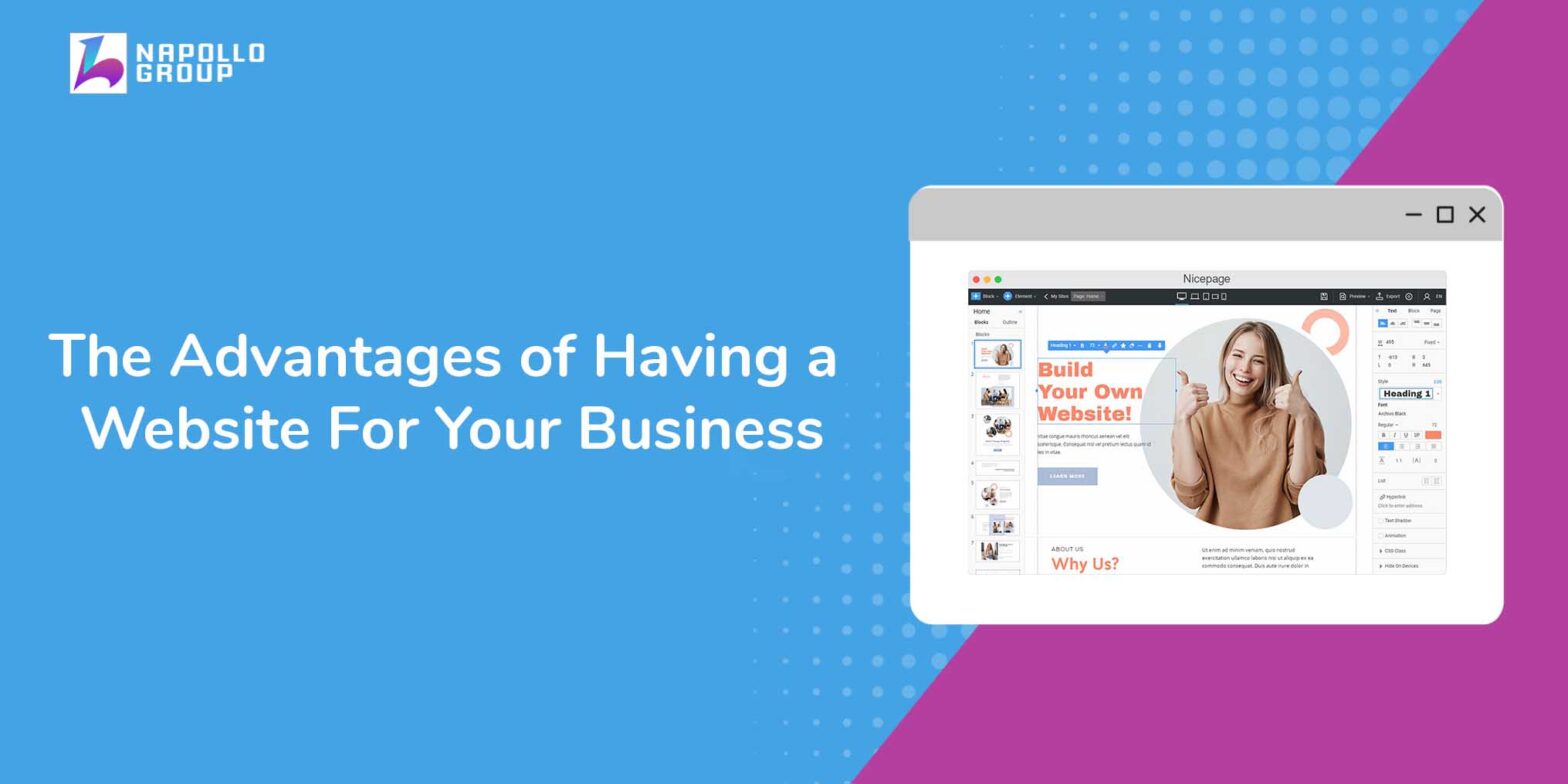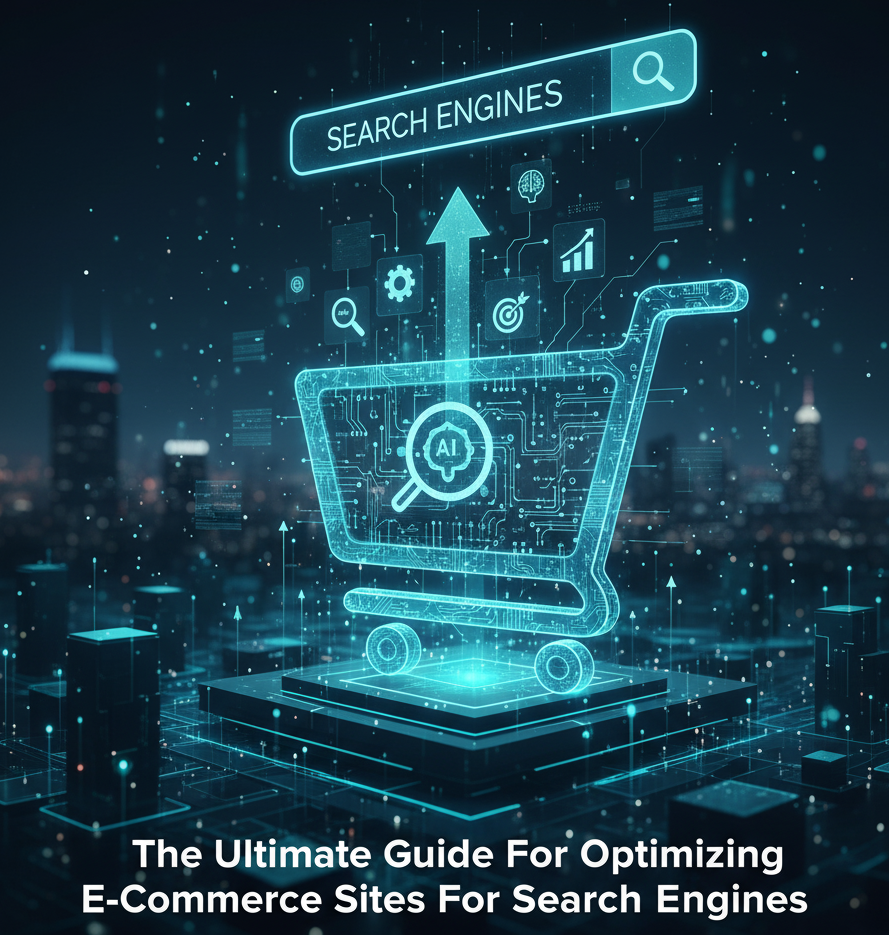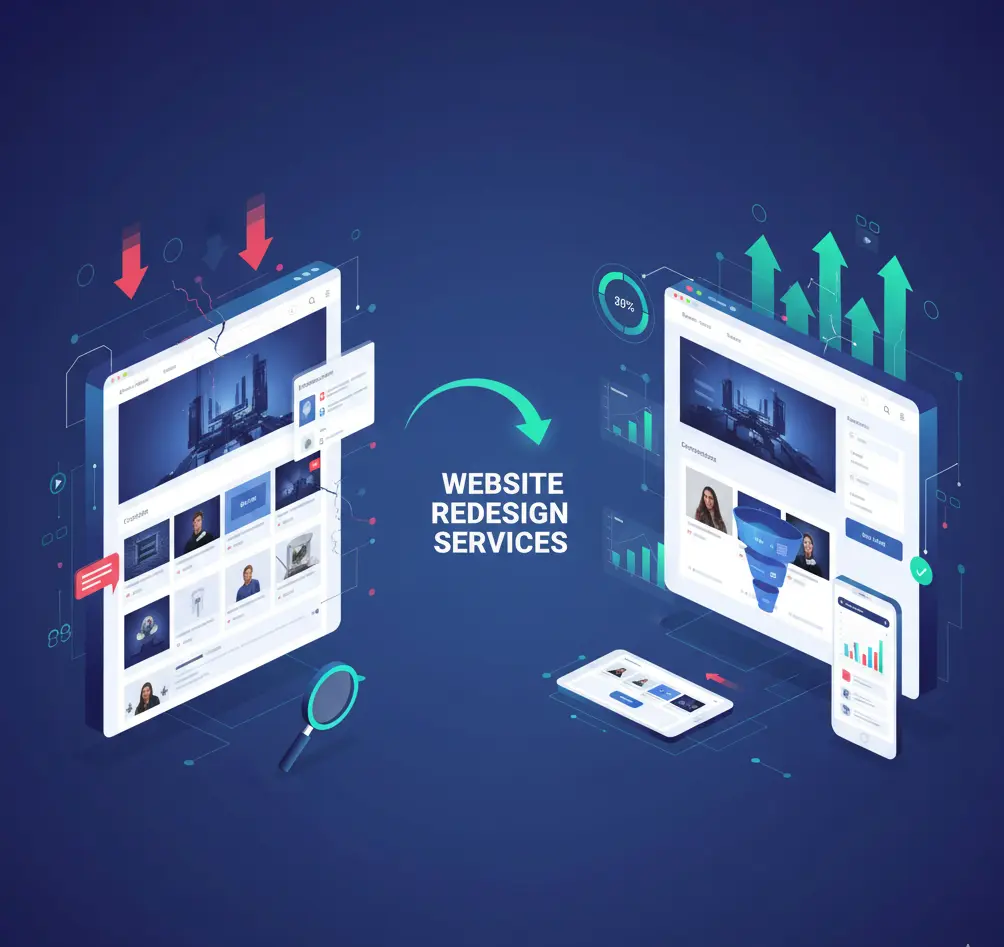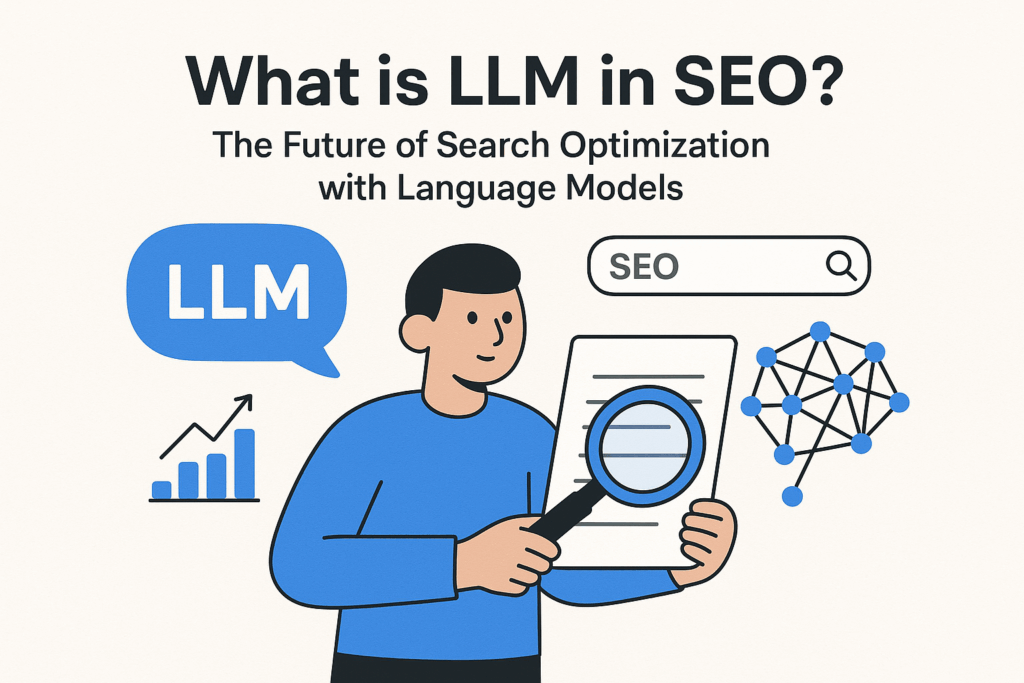Contents
In the 21st century, technology has become an integral part of daily life and business. A pivotal tool in this digital era is a website, which serves as an online presence for individuals, businesses, and organizations. A website is more than a mere online brochure; it is a powerful marketing tool that can skyrocket one’s visibility, credibility, and profitability. This article aims to shed light on the myriad advantages of owning a website in today’s dynamic digital landscape.
1. Boosted Credibility
In an era where people instinctively turn to search engines for information, lacking a website can raise questions about a business’s legitimacy. A well-designed website lends credibility, showing that you are a serious player in your industry. It allows you to control your narrative, showcasing your brand identity, mission, and value proposition to potential customers.
2. Increased Accessibility
A brick-and-mortar establishment has fixed operating hours, while a website remains accessible round the clock. This 24/7 availability allows customers from all over the world to browse your products or services anytime, anywhere, extending your reach beyond geographical constraints.
3. Effective Marketing
Websites are a valuable platform for marketing and promotion. Through various strategies such as Search Engine Optimization (SEO) and content marketing, a website can be optimized to appear higher in search engine results, thereby increasing visibility and attracting more potential customers.
4. Customer Engagement and Support
Websites can serve as a two-way communication channel between a business and its customers. From contact forms and chatbots to comment sections and forums, websites offer various methods for customers to ask questions, provide feedback, or raise concerns. This interaction not only improves customer service but also provides valuable insight into customer needs and behaviors.
5. Economical and Cost-Effective
Compared to traditional advertising mediums like print, radio, or TV, websites are remarkably cost-effective. The costs involved in setting up and maintaining a website are minimal compared to the potential returns. It can reach a wider audience, provide more information, and remain operational far longer than any print ad.
6. Data Collection and Analysis
Websites allow businesses to track user behavior through various analytic tools. This data is invaluable for understanding customer preferences, enhancing products or services, refining marketing strategies, and improving overall business operations.
In conclusion, a website is a crucial tool that offers an array of benefits, from increased credibility and accessibility to efficient marketing, customer engagement, and invaluable data collection. It opens doors to a global audience, operates 24/7, and provides a platform to communicate your brand story effectively. If you haven’t already established an online presence through a website, now’s the time. The digital age waits for no one, and those who adapt will continue to thrive.









